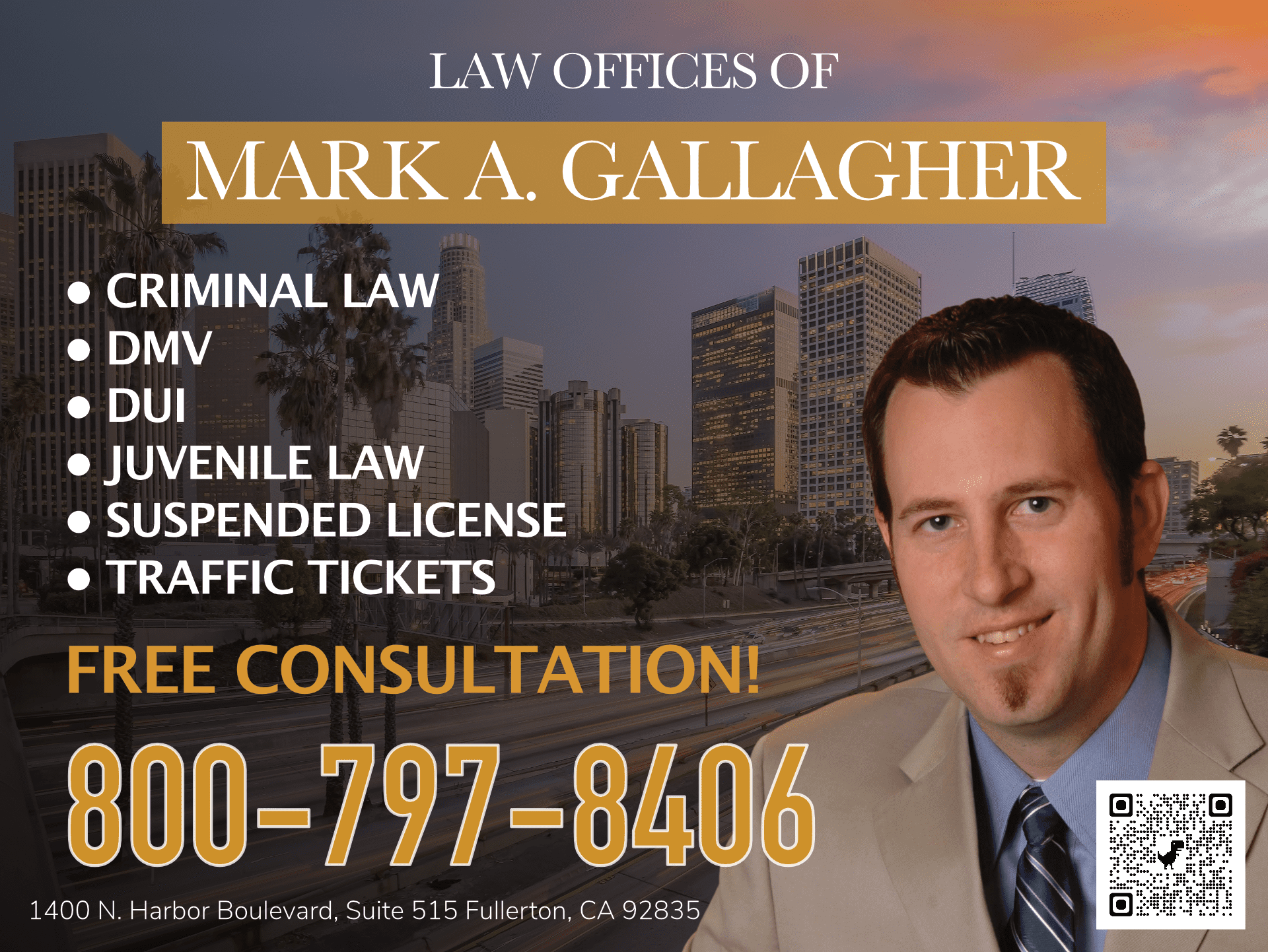 Criminal courts have their own language. Judges, bailiffs, lawyers, and court clerks who work every day in court tend to forget this. Since the court system is so busy, the officers and employees of the court will often try to rush you through the process.
Criminal courts have their own language. Judges, bailiffs, lawyers, and court clerks who work every day in court tend to forget this. Since the court system is so busy, the officers and employees of the court will often try to rush you through the process.
Being in court every day, I witness defendants hustle and bustle there way through the process, often confused about what’s going on with their cases, uncertain about what exactly the judge just said, and unsure what to do next. So if you find yourself in the unfortunate position of being a criminal defendant, I hope this will at least clarify some of the terminology that’s being used.
Title of the Proceedings: “The People vs. (Defendant’s Name)”: Courts are adversarial institutions, the names of the lawsuits are like the names of boxing matches. So just like in Tyson v. Denni, where I knocked out Mike Tyson back in the day (that was a joke, people), in a civil lawsuit, the name of the lawsuit is the last names of the plaintiff and the defendant. So if John Smith is suing Mary Lopez because she stole his business secrets, the lawsuit is called “Smith v. Lopez.” In a California criminal case, however, the plaintiff is “The People of the State of California” vs. Mike Tyson (for example, for biting someone’s ear). The idea is that in criminal court, it’s in the best interest of the State to prosecute criminals, so “the people” are instituting legal proceedings against you.
Arraignment: The arraignment is the first proceeding in a criminal case. The purpose of this first hearing is for you to be advised of the charges against you, to be advised of your constitutional rights, and to enter a plea of guilty, not guilty, or no contest. “Guilty” means you admit to committing the charged offense. “Not guilty” means you deny committing the charged offense. “No contest” means you’re not admitting guilt from a philosophical perspective (because you believe you’re innocent), but that you don’t want to expend the time or other resources to fight the charges. A “no contest” plea has the same effect as a guilty plea, except that your criminal conviction cannot then be used against you as evidence of guilt in a civil lawsuit.
Bail: Bail concerns the issue of custody. If you’re arrested, the arresting agency can put you in jail until your arraignment and set a “bail” amount. This is the amount you must pay to stay out of jail until your arraignment. Alternatively, they can release you on your “own recognizance” (called “O-R” for short), which means you don’t have to wait in jail while your arraignment is pending. If they want to put you in jail without bail, they have to have the court’s approval. When you get to your arraignment, the judge can reassess the bail given by the arresting agency and raise it, lower it, release you O-R, or not allow bail at all while trial is pending. An attorney can help you decide whether you should try to bail out of jail before your arraignment, or wait for the judge, because depending on the circumstances, the arresting agency may set bail higher or lower than the judge would set it.
Pretrial Hearing: A pretrial hearing is the hearing after arraignment, but before trial. The purpose of a pretrial hearing is for the criminal defense attorney and the district attorney to discuss the case and try to resolve it without going to trial. During this stage, the district attorney will give an “offer” to the defendant and the defendant can accept it or reject it. If the defendant rejects the offer, the case will move forward to trial.
Trial: As a criminal defendant, you have the right to a trial (for misdemeanors and felonies, you have the right to a trial by jury). During the trial the District Attorney must put on evidence and prove beyond a reasonable doubt that you committed the charged offense. The jury decides whether that burden of proof has been met. Trial can last between one day or several months, depending on the severity of the case, the amount of witnesses, and the length of testimony. If the District Attorney fails to prove beyond a reasonable doubt that you committed the charged offense, you will be acquitted of the charges, which means you will have been found not guilty. If you are convicted of the charges, you have been found guilty and must face sentencing, which is the punishment given to you by the court as a result of your conviction. Sentencing can include the payment of fines, probation, jail time, prison time, home confinement, points on your driving record, community service, rehabilitative classes, driver’s license suspension, listing yourself on a sex registry, or a combination of several of these things. In other words, a criminal conviction sucks.
Hopefully I was able to clear up some of the terms above and shed some light on their precise meanings. There are many nuances to what I discussed above, so make sure you hire a good attorney if you need legal advice to help guide you through the court process.




